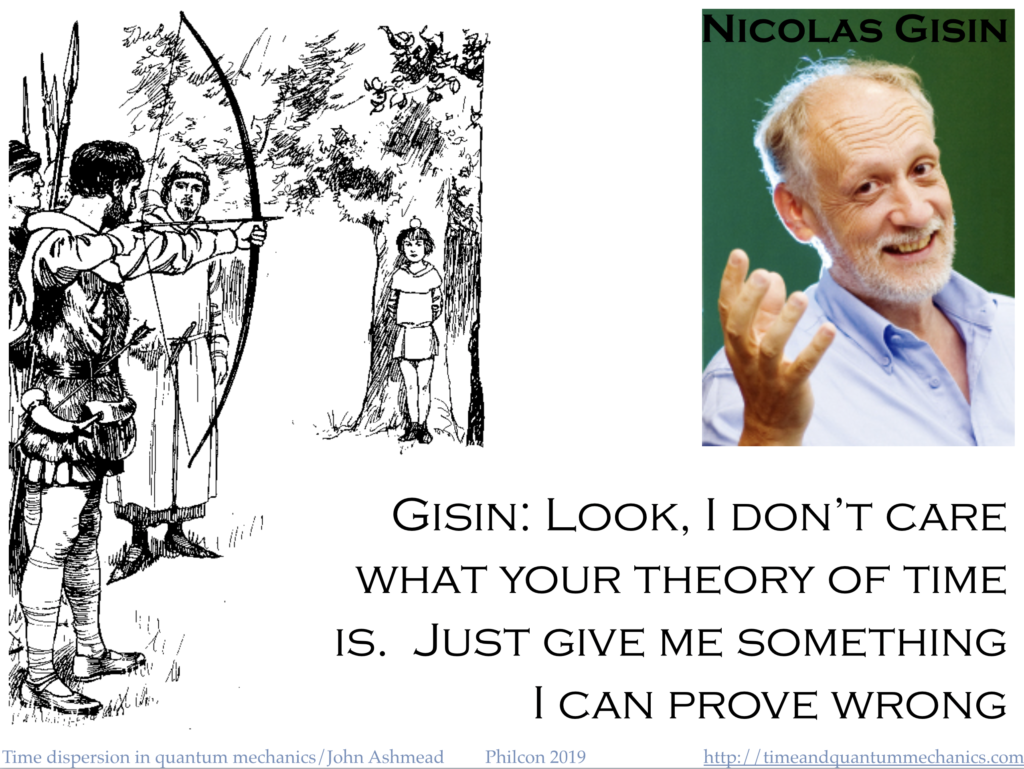The Quantum Internet and: Cthulhu Now!, Don’t get your time machine in a twist, and Warped Plotting

This year’s Philcon is going forward in person, in spite of Covid! It runs from Friday afternoon (11/19/2021) through Sunday afternoon (11/21/2021). Jabs & masks mandatory, but it will be great to see old friends in person. And make a few new as well. My science talk is:
The Quantum Internet: Hype or the next step
What do we mean by the quantum internet? Why do we need more than just quantum computing? What are quantum cryptography, quantum key distribution, quantum sensors? How are these concepts entangled? What are the advantages of the quantum internet? key problems? Who will get to use it? And do we have just a bunch of interesting tech that all have quantum in their name or can the whole be more than the sum of its parts?
This will be 1 pm Saturday November 20th at Philcon 2021
I did this at this year’s Capclave. Went well: some pretty deep questions from the audience at the end, always a good sign. I’ve updated — quantum computing does not stand still! — and looking forward to presenting in a few days. The picture is of Google’s Sycamore Quantum Computer, which recently achieved “Quantum Supremacy”. I will explain what that means!
I’m doing three panels as well:
The Post-Lovecraftian Cthulhu
How have HP Lovecraft’s ideas evolved in the hands of subsequent writers?
At this point, post-Lovecraftian Cthulhu is 99+% of Cthulhu. There are a lot of interesting directions here: from more mythos (Derleth for instance), more grim humor (Stross), high tech reboots (Delta Green), and a deeper (pun intended) take on Lovecraft’s racism (Lovecraft Country, Ballad of Black Tom). And we have uses of Cthulhu in music, film & TV (of course!), theater, and even in real science (the elongated dark region on Pluto nee Yuggoth called Cthulhu Macula!) if we are willing to include songwriters, playwrights, & scientists as part of the dark horde of subsequent writers.
This with Darrell Schweitzer (my co-editor on Tales From the Miskatonic University Library) and Stephanie Burke (writer, cosplayer, and a remarkable presence). I proposed the topic so have been unable to avoid the scourage of moderation.
At 10pm Friday, 11/19/2021
A Beginner’s Guide to Time Travel Paradoxes
You know not to remove a major historical figure, hand Thomas Edison a cell phone, or kill your grandfather. But is it even possible to travel into the past without changing anything? So you go back to Chicago in 1920, and eat a hamburger in a diner. But, unbeknownst to you, that hamburger was destined to sit for six hours, spoil, and sicken someone else, who misses an important appointment, and… there goes the timestream. Would nature have a way of correcting this?
This with Michael Ventrella, George W. Young, and Russell Handelmann. Michael is currently editing a time travel anthology and is also moderating the panel. Michael’s a lot of fun; the other two I look forward to meeting.
At 2pm Saturday, 11/20/2021
Parsecs, Light Years, and the Speed of Plot
Warp? Hyperspace? Ion propulsion? Improbability drive? Is it necessary to sacrifice accuracy to maintain pacing? Our panelists science the heck out of “velocity equals distance divided by time” as used in fiction.
This with Tobias F. Cabral (moderator), Anastasia Klimchynskaya, Tom Purdom. All familiar & valued co-panelists!
At 4pm Saturday, 11/20/2021
